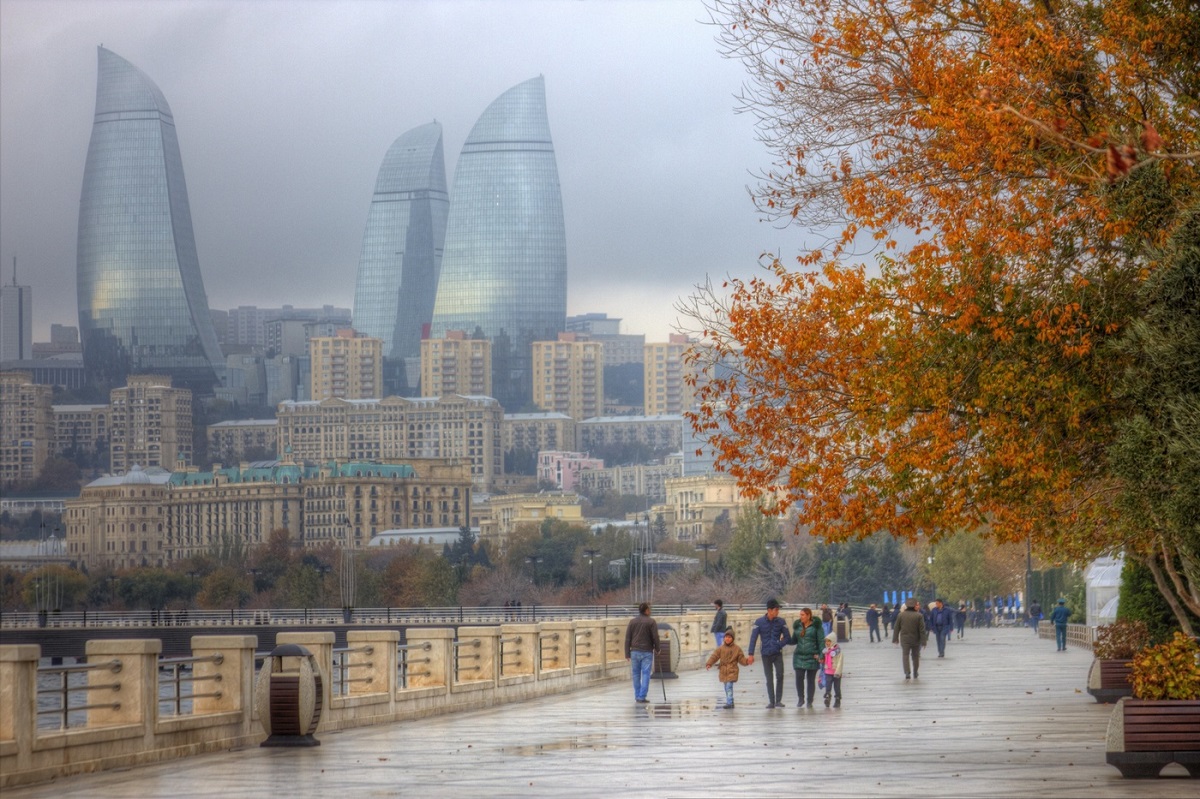
Hourly Wage in Azerbaijan
Azerbaijan plans to move from monthly wage payments to hourly payments. At the same time, officials promise an increase in monthly salaries starting from January 2025, though the specifics of this increase have not yet been disclosed. An expert has pointed out that the transition to hourly wages is not a straightforward process and could lead to abuses.
- The Azerbaijani government has been fined an additional €47,000
- How to save Abkhazia’s economy without offering super benefits to Russian investors? An economist’s opinion
- Opinion: Can Georgian Dream replicate Viktor Orbán’s success? Likely no.
Currently, the minimum monthly wage in Azerbaijan is 345 manats (approximately $203). Calculating based on a five-day work week of eight hours a day, this equates to an hourly rate of 2 manats and 15 gapiks (about $1.26) under the minimum wage. For a six-day work week, this figure drops to 1.79 manats (around $1.05).
For comparison, in Germany, the law mandates a minimum hourly wage of at least €12.41. In France, the minimum hourly wage is €11.52 for a 35-hour work week. In Japan, it is $6, and in the USA, it stands at $7.25.
Next year, social spending in Azerbaijan’s state budget will increase by 14 percent. According to the Cabinet of Ministers, social protection and welfare expenditures will amount to 4.998 billion manats (about $2.94 billion) in 2025, which is 607 million manats (approximately $357 million) more than this year. It has been emphasized that next year’s salary and social benefit increases will affect over 2 million citizens.
The Ministry of Labor and Social Protection has stated that discussions regarding the implementation of hourly wages are ongoing: “The public will be informed in detail about the outcomes of these discussions.”
Deputy: “Citizen incomes may increase”
Vugar Bayramov, a member of the parliamentary committee on labor and social policy, believes that the percentage increase in the minimum wage will be announced on November 1. He stated that the increase will not only affect the minimum wage but also all other wage levels for workers. This will impact the salaries of around 600,000 citizens, he noted.
The deputy believes that if the transition to hourly wages is implemented, citizen incomes will increase, and their rights will be further protected: “Hourly wages allow people to work in multiple jobs simultaneously. Furthermore, if they work overtime or on weekends or holidays, they will have the opportunity to earn at higher rates.”
Expert: “It’s very difficult”
“The transition to hourly wages under the current economic model is very difficult to envision,” comments economist and chair of the opposition Republican Alternative Party, Natig Jafarli, for the Azerbaijani edition of Radio Free Europe. “Amendments need to be made to many legislative acts. Since most jobs in Azerbaijan are within state organizations, where wages are funded from the state budget, transitioning to hourly wages in any form is very challenging.
The majority of workers who receive salaries from the state budget are educators, with over 200,000 individuals. They already teach on an hourly basis; how will they be transitioned to hourly pay? This seems quite problematic,” Jafarli states.
As for the private sector, the expert believes there are entirely different issues: “In the private sector, contracts will be set at the lowest hourly rates. Weekends and holidays will not be taken into account, leading to additional problems.”
Jafarli argues that even if the transition to hourly wages occurs, the government should have different criteria: “For example, a person should work at least four hours a day and receive no less than a specified amount for each hour. Such barriers could help protect workers’ rights to some extent.”
Regarding the increase in the minimum wage starting in January 2025, the expert emphasized that based on the parameters of the next year’s state budget, a significant increase is not to be expected: “The increase will be at most around 10 percent. The problem is that the growth in salaries and pensions does not correspond with the wealth of goods and products available on the market. The volume of goods remains at the same level, and for this reason, wage increases lead to increased inflationary pressure.”


